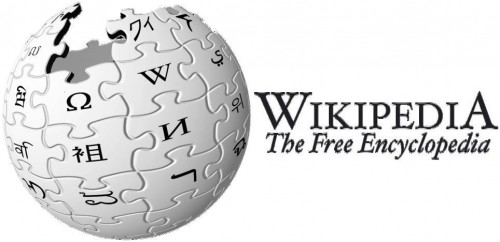Posts Tagged portals
The Best Encyclopedia Ever
Posted by Shana Rosenberg in Information Sources on October 26, 2010
Don’t let your teachers fool you. Wikipedia is the best. As of this writing it has 3,452,000 articles on every subject you can imagine. If you can imagine something it doesn’t have then a) you are very unique and b) Wikipedia lets you share your uniqueness with the world.
It presents information in an orderly fashion, and often the content is organized by a table of contents. If you want to know about M & M’s, but don’t care about their history, click on the section you are interested in. You can find articles by using the search box provided on the upper right corner of the web page. Wikipedia also organizes information through its vast number of portals. Portals are special pages that provide a mini-introduction to a topic and provides subcategories in a directory. On these pages might also be feature articles and other little bits about the subject that people might find interesting.
Wikipedia is reliable. If you don’t believe me, and you don’t believe Wikipedia, then believe experts on cancer who found that the information on cancer in Wikipedia was as accurate as peer-reviewed information and textbooks on the subject. Does this mean that everything you will find in Wikipedia is accurate? No. And here’s a shocker: neither is everything you will find in that shiny new encyclopedia set sitting on the reference shelf of your library.
The way I look at it, there are different levels of accuracy need. Satisficing isn’t necessarily a bad thing. Are you trying to find out what the heck this World of Warcraft game is that your teenager is playing all night long in the basement? Does it really matter if you find out a month later that the lead designer mentioned as being responsible for the Burning Crusade expansion was actually involved with a different project at the time? Are you trying to get a basic idea about the Renaissance so you have something intelligent to say when you take a class of Kindergartners to the art museum? Does it matter if the first name is misspelled for some Italian dude who did something or other important during that point in history?
No, it doesn’t matter. If it does matter to you in those cases, you really need to chill out.
But of course, if you need to have a high level of accuracy, you shouldn’t be looking just in Wikipedia anyway. You should be double-checking your facts just as you would if you were composing a presentation to your management team or writing a term paper for one of your classes. Another nice thing about Wikipedia is that many of the articles include citations for the primary sources that provided information for the article. You can double-check your facts using those primary sources, as well as use them to provide other information for your research. Those primary sources might also have citations that will lead you to other sources.
One thing you should know about Wikipedia and ALL other sources of reference information. You need to cite your sources if the information is to be used anywhere that requires citations (or a bibliography). If the information is “common knowledge”, as in you did not take an idea from someone else and you were simply double-checking a fact, you don’t have to cite it. Otherwise you do have to cite your source. Wikipedia has posted information about how to cite articles published there.
At the very least, Wikipedia is there (and has a mobile site for your phone!) to settle your 2am drunken bet on how many digits the largest known prime number is.

